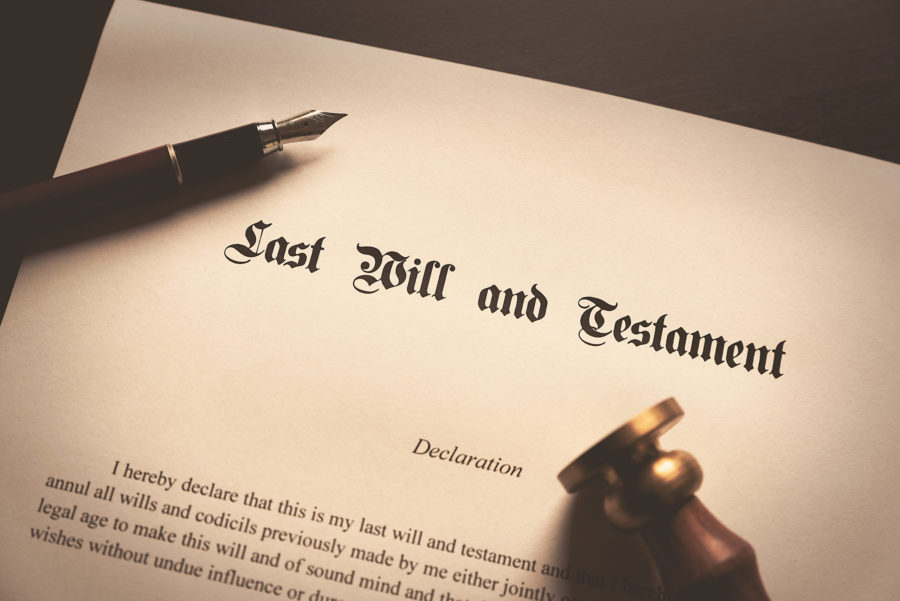
Who Needs to Sign a Will for It to Be Valid In North Carolina?

When you write and sign a will, it needs to meet North Carolina law’s requirements to be valid. That means that the appropriate language needs to be in place, and the will must have all of the needed signatures. Without them, others could challenge the will.
If you have questions about a will and whether it meets signature and other legal requirements, talk with a North Carolina estate planning and administration lawyer. They can review all the elements of a valid will and answer any questions you have.
So, what signatures does a will need to be valid? In North Carolina, a written will needs the signature of the person who the will is for (also known as a testator). A will also needs the signatures of two witnesses. But keep in mind that sometimes, what counts as a signature under the law may be different than what you expect.
- The signature of the testator is a key part of a valid will. They either need to sign the will themselves or, under North Carolina law, they can get someone else to do this for them in their presence. This can be important for people who are facing medical or other challenges that could prevent them from signing the document.
Without a valid testator signature, or documents proving that someone signed the will on their behalf, a will could be open to challenges. A testator can help prevent challenges down the line by getting the appropriate signatures and support in place.
- The signatures of two competent witnesses are also required, and anyone could be a witness so long as they are disinterested, or do not receive anything under the will. They’ll need to sign the will in the presence of the testator, but there’s no requirement that they need to sign in each other’s presence. The testator can get witness signatures individually.
The testator will need to show the witnesses the document of the will. Keep in mind, though, that they typically don’t need to read it or review it. The testator can either sign it in front of them or acknowledge they have already signed it. This helps ensure that the will that the witnesses are working with is current and correct.
Although the law requires the testator’s signature and two witnesses’ signatures for a written will, additional documents to prove the validity of the will could also be helpful. When signing a will or getting witness signatures, the testator can get additional affidavits notarized. These can help a court prove that the will is authentic and valid. This can be particularly helpful if questions may come up about the document later on.
Talk With a North Carolina Estate Lawyer About Your Will
A will doesn’t have to be complicated but it does have to comply with North Carolina law. If you have questions about a will, how to draft one, or whether it has the signatures that it needs, talk with the attorneys at Mullen Holland & Cooper P.A. Since 1950, we’ve been handling wills and everything our clients need. To learn more about how we can help you, call us at 704-864-6751 or use our online form to get in touch.






